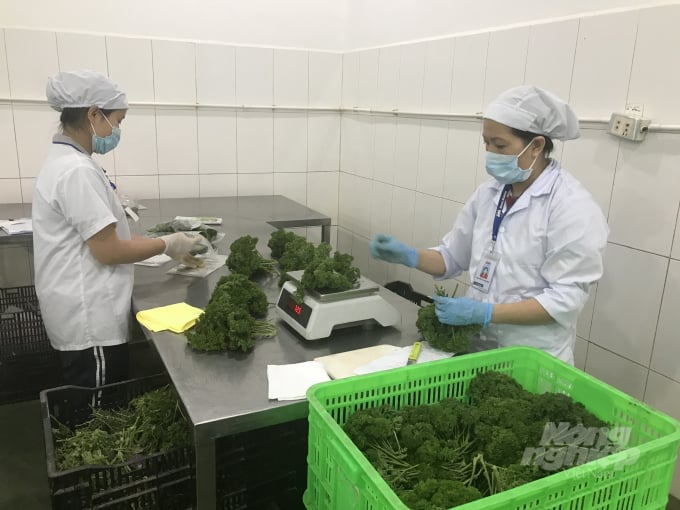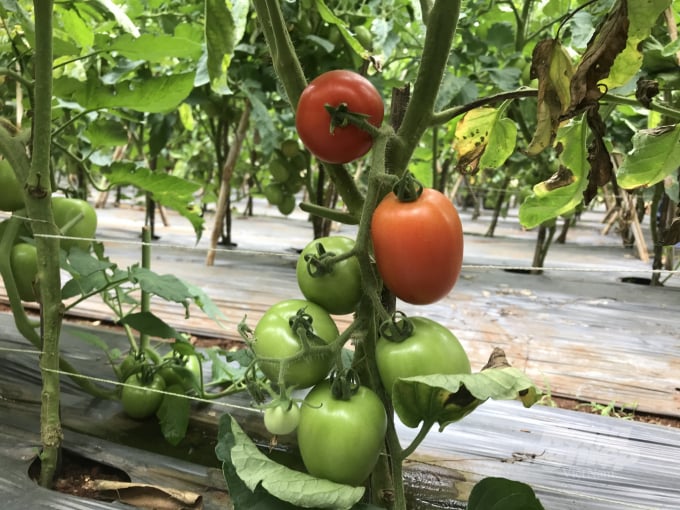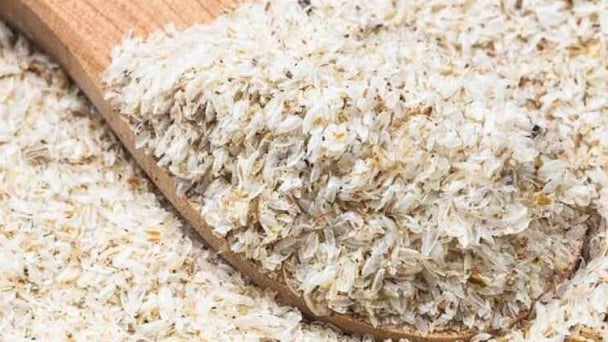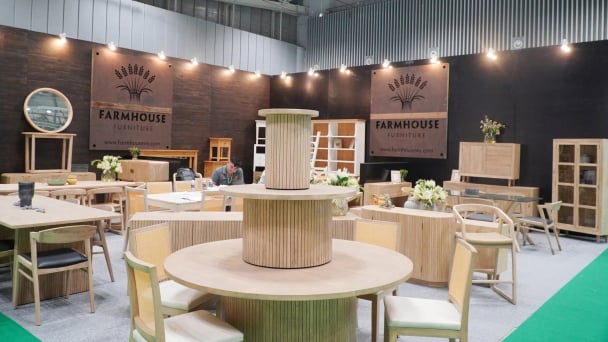May 29, 2025 | 01:19 GMT +7
May 29, 2025 | 01:19 GMT +7
Hotline: 0913.378.918
May 29, 2025 | 01:19 GMT +7
Hotline: 0913.378.918

Vietnam is the largest vegetable and fruit supplier of Taiwan. Photo: Thanh Son.
According to the Import-Export Department under the Ministry of Industry and Trade (MoIT), Vietnam's vegetable and fruit exports to Taiwan have grown impressively this year despite the challenges of Covid-19.
The data from Taiwan Customs showed that the territory imported 295,500 tons of fruits and vegetables in the first nine months of 2021, worth US$232.9 million, up 3.9% in volume and up 13.2% in value compared with the same period in 2020.
In particular, Vietnamese fruits and vegetables exports to Taiwan increased sharply. Taiwan imported 60,700 tons of fruits and vegetables from Vietnam in the first nine months of this year, worth US$40.3 million, up 81.6% in volume and up 68.9% in value compared to one year ago.
The above figures showed Vietnam has become the largest vegetable supplier of Taiwan. Vietnam vegetables accounted for 20.6% out of the total amount of imported fruits and vegetables of Taiwan, an increase of 8.8 percentage points over the same period last year.
Specifically, in the first nine months of 2021 Taiwan imported 93,900 tons of vegetables mainly cabbage, cauliflower, Kolrabi, kale and other edible vegetables of cabbage family both fresh and chilled (Code HS0704) valued at US$45.8 million, up 33.4% in volume and an increase of 46.3% in value compared with the same period last year.
Vietnam is now the largest exporter of vegetables of cabbage family to the Taiwanese market in the first nine months of 2021 with a quantity of 51,000 tons worth US$26.4 million, a surge of 117.8% in volume and an increase of 130% in value year on year, accounting for 55% of the total import of vegetables coded HS0704 to the Taiwanese market.
The figures pointed out that Vietnamese fruits and vegetables have become more and more popular for Taiwanese consumers. Therefore, door is opening wide for Vietnamese enterprises to export fruits and vegetables to Taiwan in the last month of this year and the next year as Taiwan’s demand for these products has been increasing.
According to the international sources, water shortage from the end of 2020 to the first half of 2021 together with typhoon season since the middle of 2021 have affected vegetable production in Taiwan. Lower-than –normal domestic supply has pushed the prices of vegetable up to new highs. Besides, Taiwan has the second highest density of convenience stores in the world. The rapid expansion of retail stores in recent years has made Taiwanese consumers easy to access food and beverage products.

A tomato farm in Dong Nai. Photo: Thanh Son.
Moreover, as a developed economy with high GPD per capita, Taiwan’s demand for fruits and vegetables is robusting.
However to enter deeper and maintaining the number one position in the Taiwanese market Vietnamese vegetable and fruit exporters need to pay more attention to quarantine regulations, particularly to the plant quarantine certificate issued by Vietnamese competent plant quarantine agencies .
Recently Vietnam Economic and Cultural Office in Taipei said that many shipments of Vietnamese plant and plant products exported to Taiwan did not meet the requirements of quarantine. Particularly, 35 shipments including pumpkins, cabbages, cauliflowers and binaexported to the market from September 2020 to September 2021 did not meet the standards of quarantine, according to the Bureau of Animal and Plant Health Inspection and Quarantine (BAPHIQ) of Taiwan.
Among 35 shipments mentioned above, BAPHIQ discovered 22 shipments of fresh vegetables and seeds without plant quarantine certificate.
Therefore, BAPHIQ remind Vietnamese enterprises that all plants and plant products entering Taiwan must have Plant Quarantine Certificate issued by Vietnamese competent authorities.
Translated by Mai Tham

(VAN) The import-export turnover between Vietnam and Singapore rose amid a trade rebound, with machinery, electrical equipment, and fuels making up the majority of the transaction value.

(VAN) Director General of the General Administration of Customs of China, Ms. Sun Mai Jun, has pledged to implement measures that will ease the import process for Vietnamese agricultural products.

(VAN) Although Vietnam is still increasing its coffee exports, the industry is currently in the process of determining market strategies in response to the U.S. imposition of reciprocal tariffs.

(VAN) With rising demand in Muslim-majority countries, Halal certification is becoming a critical passport for Vietnamese agricultural products seeking sustainable market access and consumer trust in the Middle East and Africa.

(VAN) Vietnam’s fruit and vegetable exports to the U.S. are rising sharply, and exporters are hoping that any upcoming reciprocal tariffs will be set at manageable levels.

(VAN) Despite meeting quality standards, Vietnamese rice bran exporters still face difficulties with administrative procedures under the new protocol.

(VAN) The U.S. is tightening import tariffs and origin inspections, requiring Vietnamese businesses to proactively prepare in terms of legal compliance, supply chains, and appropriate export strategies.